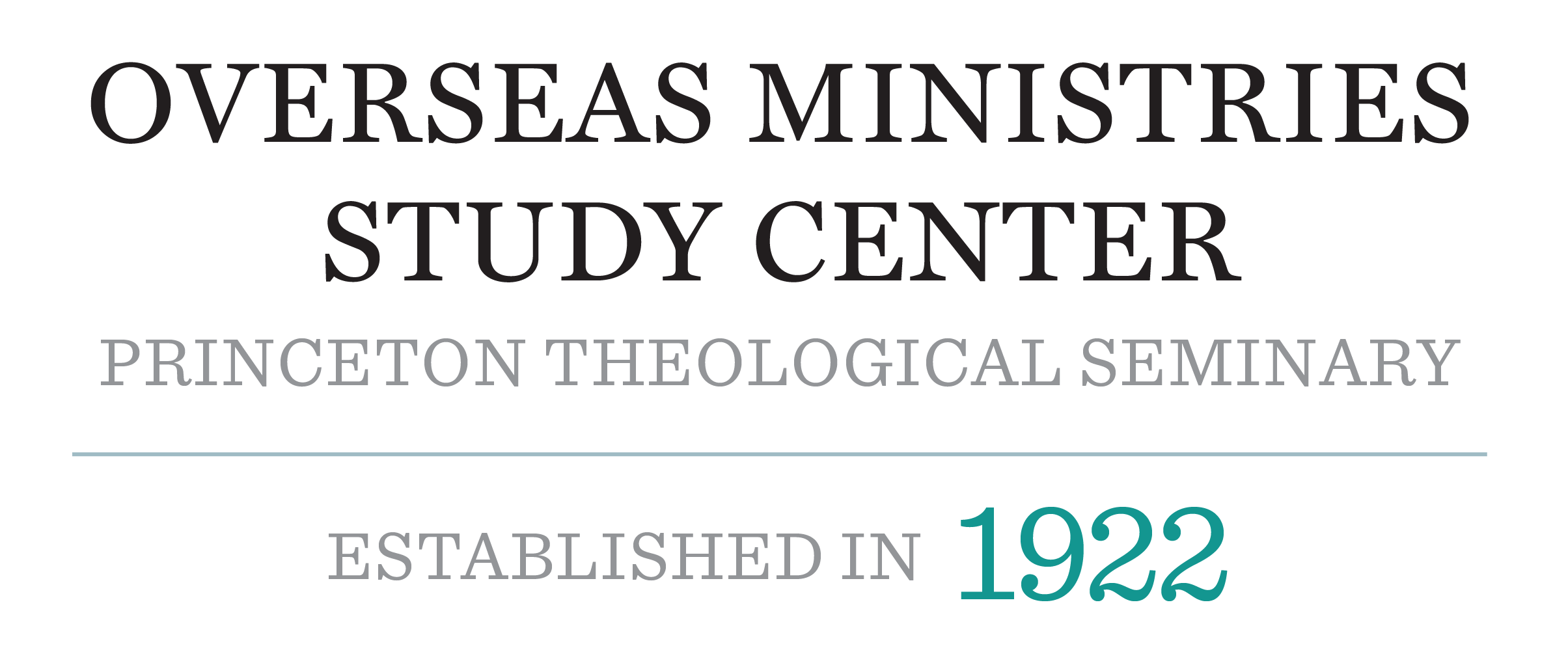By Misael Cornelio-Arias – Director of the School of Mission Southern Pacific District of the Assemblies of God

Editor’s Introduction: Misael Cornelio Arias is currently pursuing his doctorate in Intercultural Studies at Fuller Theological Seminary focused on the Hispanic Church and its perception of the Holy Spirit guiding it toward holistic mission. He is from Santiago, Dominican Republic. You can learn more about his research and ministry at his personal website, https://misaelcornelio.com/.
At its core, mission is a transformative process in which the gospel of Jesus Christ is proclaimed, embodied, and shared through words and actions. The ultimate objective is to reconcile individuals and communities with God and one another. Mission is a holistic, dynamic process that encompasses both personal and communal transformation, leading to the renewal of humanity and creation. It involves spreading the gospel message and advocating the values of God’s kingdom. In Christianity, this is especially significant since Jesus instructed us to “make disciples of all nations” (Matthew 28:19). In this sense, the ultimate goal of missions is to bring people into a relationship with God and build community within the kingdom.[1]
Throughout history, missions have been a cornerstone of the Christian faith. Many believers think that involvement in God’s mission necessitates a divine calling, as exemplified by biblical figures like Abraham and Paul. However, this notion can deter Christians who don’t perceive such a calling. In this article, we will examine how dismantling barriers to missions involves realizing that everyone has a role to play.

The Belief in a Specific Calling
The belief that participation in God’s mission requires a divine calling stems from biblical stories of individuals chosen by God for a particular purpose. For example, God called Abraham to the Promised Land and Paul to preach the gospel to the Gentiles. This belief can discourage those who don’t feel specifically called, as they might think a supernatural calling is necessary for meaningful involvement in missions. However, this perspective overlooks the fact that God often works through individuals’ gifts and talents, rather than relying solely on a unique calling.[2] In other words, God can use us in his mission through our everyday lives and the unique abilities he has given us.
Missionary Work Without a Specific Calling: Biblical Examples
The experiences of Priscilla and Aquila with Paul illustrate that engaging in God’s mission can be a lifestyle rather than a temporary endeavor. In Acts, Priscilla and Aquila traveled with Paul to Ephesus and used their tent-making business to spread the gospel (Acts 18:2-26). They continued to serve even after Paul’s departure, showing that missions can be integrated into daily life. Another notable example is the disciples who dispersed throughout Judea and Samaria following the persecution in Jerusalem.
The Great Commission: A Mandate for All Christians
The Great Commission, as stated in Matthew 28:19, is a directive from Jesus to all his disciples to “go and make disciples of all nations, baptizing them in the name of the Father, the Son, and the Holy Spirit.” This call to action applies to every Christian, not just a select few. As disciples of Jesus, we are called to utilize our passions and talents to advance God’s kingdom.
Overcoming the Barriers
To overcome barriers to missions, we must acknowledge that being a disciple of Jesus entails using our passions and talents to promote God’s kingdom. The call to missions is universal, and it is our responsibility to discern how we can best fulfill it. By interpreting the Great Commission as a mandate for all, every community member becomes a potential missionary.[3] The objective is to send everyone, whether within their own city or across the world. The key question is not whether God calls us, but where we can best serve.
The Effects of Viewing Mission as a Collective Responsibility
When the church considers mission a shared responsibility, it transforms mobilization. Each member becomes a potential missionary, creating new opportunities for individuals to use their passions and talents for God’s kingdom. The command to “make disciples of all nations” (Matthew 28:19) is for everyone, not just a select few.
Incorporating missions into all church ministries leads to a more proactive and inclusive approach. The focus on missions is no longer confined to specific departments or groups; instead, it permeates all church activities. Every member is encouraged to use their skills and abilities to support God’s mission, from Sunday School to the choir. This shift in mindset has a profound impact, dismantling barriers and empowering every member to make a difference in advancing God’s kingdom.[4]
Encouraging the Church to Send Everyone, Not Just a Few
In conclusion, when the church embraces the idea that every member is a potential missionary, it has the power to revolutionize mobilization. The goal transitions from sending only a select few to sending everyone, whether to their local community or abroad. This vision is integrated into all church ministries, motivating individuals to use their talents and passions for God’s glory and mission. The focus is on where we can best serve and make a difference.
Professor Scott Moreau emphasizes that being a disciple on a mission is a fundamental aspect of the Christian lifestyle. In this regard, “all Christians are called to engage in discipleship as a way of life. They are all to call unbelievers to repent, believe the gospel, and worship God, and to delight in serving God by becoming more like Christ in all they do, following the examples of people such as Priscilla and Aquila by serving Christ wherever circumstances may lead them (Acts 18).” By breaking down the barriers to missions, we can foster a more inclusive and proactive approach, ensuring that everyone has the opportunity to make a difference in God’s kingdom.[5]
_____
[1] See David J. Bosch, Transforming Mission: Paradigm Shifts in Theology of Mission, Twentieth anniversary ed., American Society of Missiology Series; No. 16 (Maryknoll, N.Y.: Orbis Books, 2011).
[2] Christopher J. H. Wright, The Mission of God: Unlocking the Bible’s Grand Narrative (Downers Grove, Ill: IVP Academic, 2006), 531.
[3] Timothy C. Tennent, Invitation to World Missions: A Trinitarian Missiology for the Twenty-First Century, Invitation to Theological Studies Series 3 (Grand Rapids, MI: Kregel Publications, 2010), 156.
[4] See J. D. Greear and Michael McDaniel, “Missions in the Local Church,” in Missiology: An Introduction to the Foundations, History, and Strategies of World Missions, ed. John Mark Terry (Nashville, TN: Broadman & Holman (B & H) Publishers, 1998).
[5] A. Scott Moreau, Gary Corwin, and Gary B. McGee, eds., Introducing World Missions: A Biblical, Historical, and Practical Survey, Second edition., Encountering Mission (Grand Rapids, Michigan: Baker Academic, 2015), 157.



